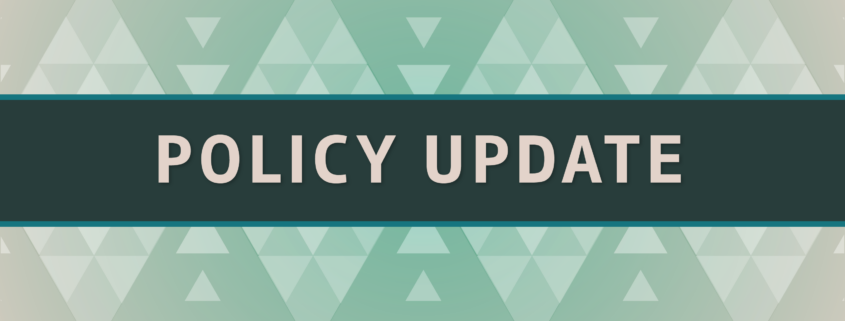Tribal Leaders Highlight the Importance of Medicaid at Hearing
On April 4, 2025, the House Natural Resources Subcommittee on Indian and Insular Affairs held a hearing on “Examining 50 Years of the Indian Self-Determination and Education Assistance Act in Indian Country” in Oklahoma City, Oklahoma. The Subcommittee on Indian and Insular Affairs members asked Tribal leaders about the impacts of self-determination contracts. In the hearing, Tribal leaders expressed the successes of self-governance agreements in areas of agriculture, healthcare, and Department of Justice programs, as well as the need for additional funding and support for these contracts. In terms of healthcare, it was highlighted that Medicaid is an essential funding source that funds healthcare related self-governance agreements, and that any cuts to Medicaid would impact Tribes’ ability to manage their health systems.
During the hearing, Rep. Leger Fernandez (D-NM-3), Ranking Member of the Subcommittee on Indian and Insular Affairs, noted the connection between Medicaid and self-determination, “I am very concerned about the Medicaid cuts because we know that Indian self-determination does not exist in a vacuum, that when I was helping set up those clinics and when you were setting up your own clinics, you were relying on third party funding. Everybody’s shaking their head because it’s simply true, you’re relying on those Medicaid dollars to come in so that you could increase services because, sadly, we underfund IHS. We’ve had hearings on that and it breaks my heart every time we read the numbers of how every other agency for their healthcare gets paid so much more.
If you cut Medicaid funding, tribes might have to cut services, they might have to cut staff. And this is a — is a major problem. So a $880 billion cut to Medicaid doesn’t just hurt other communities, it hurts this amazing goal and promise of Indian self-determination.”
In response to questions regarding the implications of cuts to Medicaid, Martin Harvier, President of Salt River Pima-Maricopa Indian Community, shared, “We face a stark reality, residents in our community, on average, die more than 30 years younger than residents of Scottsdale, only a few miles away. It will be a challenge to meet our five-and-five goal. if there are significant cuts to Medicaid. IHS only funds about 65 percent of our operational budgets so we, like other tribes, rely on third party revenue to supplement our programing.
And the vast majority comes from Medicaid. Any cut to Medicaid would, significantly, reduce the budget of our health system. And without an equal increase in IHS funds, we would have limited capacity to expand programs and facilities that are needed. A cut to Medicaid would make it nearly impossible to keep up with the demand for service.”
Medicaid’s Importance for AI/AN Communities and UIOs
In 2023, approximately 2.7 million American Indian and Alaska Native (AI/AN) people were enrolled in Medicaid across the United States, according to American Community Service data. Medicaid is a major source of health care funding, particularly for Urban Indian Organizations (UIOs), which provide essential healthcare services to AI/AN people living in urban areas. The proposed Medicaid cuts would threaten the ability of UIOs to sustain necessary service offerings, potentially reducing access to essential health care services for urban AI/AN people.
Budget Reconciliation and Medicaid
On April 5, 2025, the Senate passed their budget resolution. The resolution will allow Congressional Republicans craft their budget reconciliation aimed at extending the 2017 Trump tax cuts and instituting new spending cuts. The resolution also allows for $1.5 trillion in new tax cuts over a decade and $5 trillion increase to the federal borrowing limit to avoid hitting the debt ceiling. The House version passed on February 25, 2025, allows $4.5 trillion in tax breaks and $2 trillion in spending cuts, including $880 billion from the Energy and Commerce Committee which has jurisdiction over the Medicare and Medicaid programs. An analysis by the nonpartisan Congressional Budget Office (CBO) shows that budget goals outlined in the House plan cannot be reached without reducing spending on Medicaid






